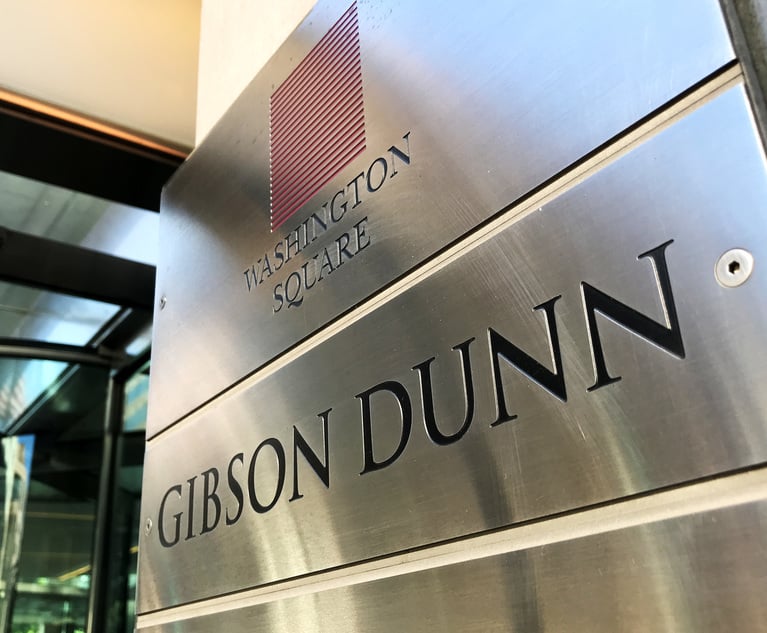 This term, the Supreme Court will consider whether a federal court can order disgorgement in an enforcement action brought by the Securities and Exchange Commission. Liu v. SEC, No. 18-1501. Under a disgorgement order, defendants are required to turn over gains derived from violating the federal securities laws. In Kokesh v. SEC, 137 S.Ct. 1635 (2017), the court held that SEC disgorgement is a “penalty” subject to the securities laws’ five-year statute of limitations for penalties. 5 U.S.C. §2462. Now, the court has agreed to hear an appeal from the Ninth Circuit presenting the question whether the SEC may seek disgorgement at all in federal court. See SEC v. Liu, 754 Fed.Appx. 505 (9th Cir. 2018), cert. granted Nov. 1, 2019.
This term, the Supreme Court will consider whether a federal court can order disgorgement in an enforcement action brought by the Securities and Exchange Commission. Liu v. SEC, No. 18-1501. Under a disgorgement order, defendants are required to turn over gains derived from violating the federal securities laws. In Kokesh v. SEC, 137 S.Ct. 1635 (2017), the court held that SEC disgorgement is a “penalty” subject to the securities laws’ five-year statute of limitations for penalties. 5 U.S.C. §2462. Now, the court has agreed to hear an appeal from the Ninth Circuit presenting the question whether the SEC may seek disgorgement at all in federal court. See SEC v. Liu, 754 Fed.Appx. 505 (9th Cir. 2018), cert. granted Nov. 1, 2019.
Background
The SEC has for decades obtained disgorgement in enforcement proceedings brought in federal court. See SEC v. Texas Gulf Sulphor Co., 446 F.2d 1301 (2d Cir. 1971). In view of §2462’s five-year statute of limitations, which applies when the Commission seeks a “penalty” for securities law violations, Kokesh considered the propriety of a disgorgement judgment that encompassed funds tracing back far longer than five years. 5 U.S.C. §2462. The SEC argued that disgorgement is “remedial” and not “punitive,” meaning that the five-year statute of limitations should not apply. Kokesh, 137 S.Ct. at 1644. The court disagreed, reasoning that a disgorgement order is a “penalty” because (1) it is ordered for violations against the United States, rather than aggrieved individuals; (2) it is imposed for punitive purposes—namely, deterrence; and (3) disgorged funds often go to the government, not the victims. Id. at 1643-44.






